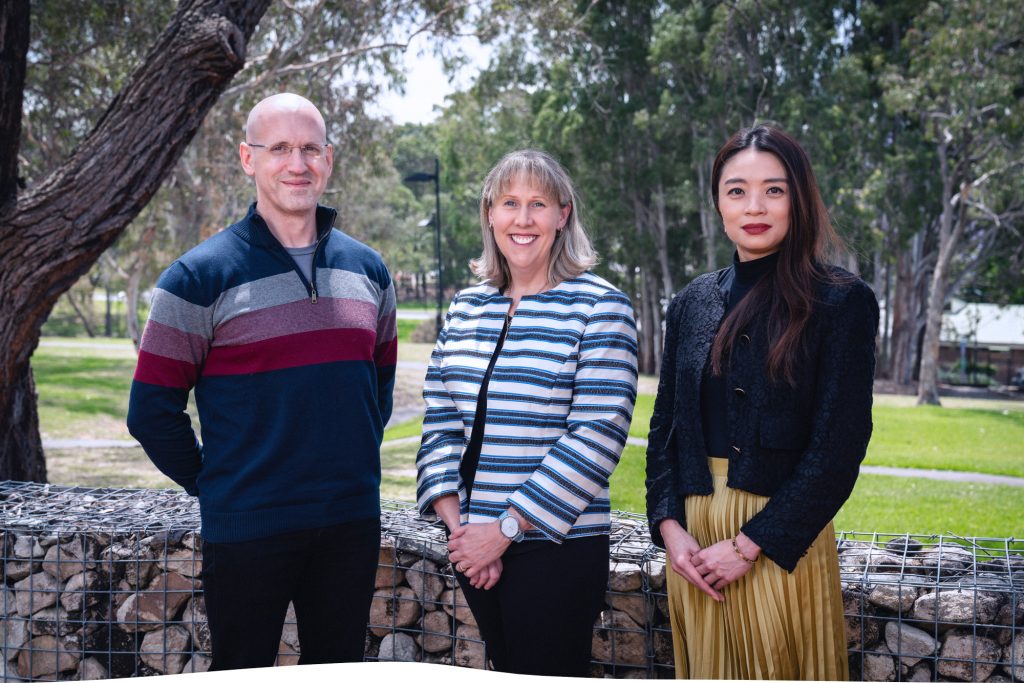
Universities-backed seed fund manager Uniseed has led a $16.75 million Series A funding round for drug development start-up Celosia Therapeutics.
The investment is Uniseed’s first in a spin-out from its latest partner Macquarie University.
One of the largest Series A rounds for an Australian biotechnology company, the round was supported by a major contribution from Ioma Barrett, portfolio manager for London-based hedge fund Caxton Associates LP, and UniSuper.
Celosia plans to use the new funding to advance to medical trials a drug it is developing to counter amyotrophic lateral sclerosis (ALS). ALS, the most common form of motor neuron disease; it affects nerve cells in the brain and spinal cord causing progressive loss of muscle control and eventually death.
ALS is often called Lou Gehig’s disease after the US baseball player who was diagnosed with the condition. The exact cause of ALS is unknown and there is currently no cure. In Australia, an average of 800 people are diagnosed with ALS each year and around two people a day die from the disease.
Celosia chief executive Dr Kathryn Sunn said the company’s lead treatment CTx-1000 had shown extremely promising results for treating ALS in preclinical studies.
Sunn said the development of CTx1000 was the result of 15 years of combined research by Celosia’s chief medical officer Professor Lars Ittner and chief operating officer Professor Yazi (Diana) Ke, both from the Macquarie University Dementia Research Centre.
Uniseed chief executive Dr Peter Devine said his firm’s investment underscored its confidence in Celosia’s innovative gene therapy approach and the potential of CTx1000 to address a critical unmet demand in ALS.
CTx1000 is a novel gene therapy that targets TDP-43, a protein directly linked to ALS pathology. Research so far indicates that CTx1000 has potential to not only stop the progression of ALS but also to reverse some damage and restore lost functions.
Dr Sunn said: “This landmark investment is a huge boost for the biotech sector and not only validates Celosia’s innovation approach but also positions Australia at the forefront of global ALS research.”
Celosia was launched in 2022 with more than $2 million in seed funding from Macquarie University.
Details of the discovery by Professor Ittner and Professor Ke that led to the development of CTx1000 were published in the scientific journal Neuron in February.
Image: Celosia chief medical officer Professor Lars Ittner; chief executive Dr Kathryn Sunn; and chief operations officer Professor Yazi (Diana) Ke.

